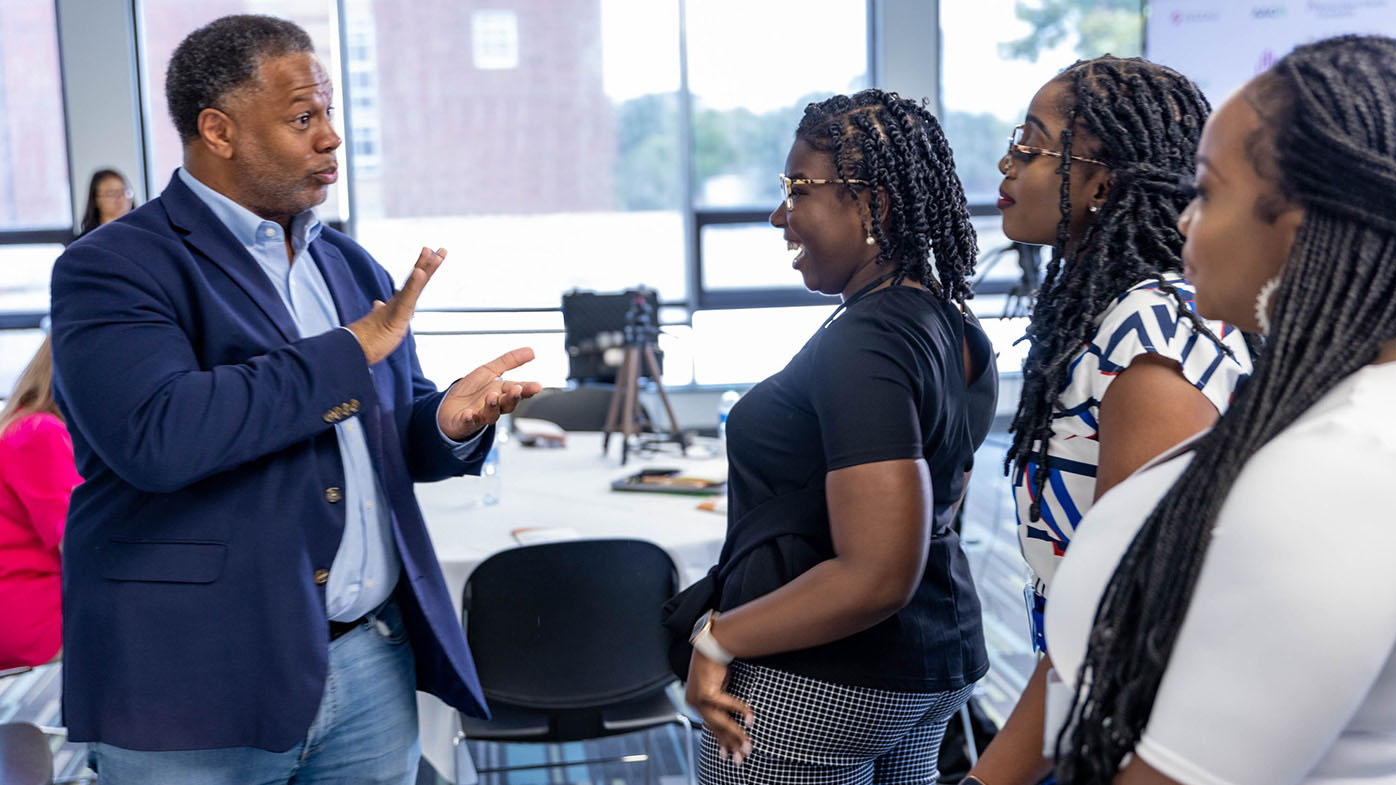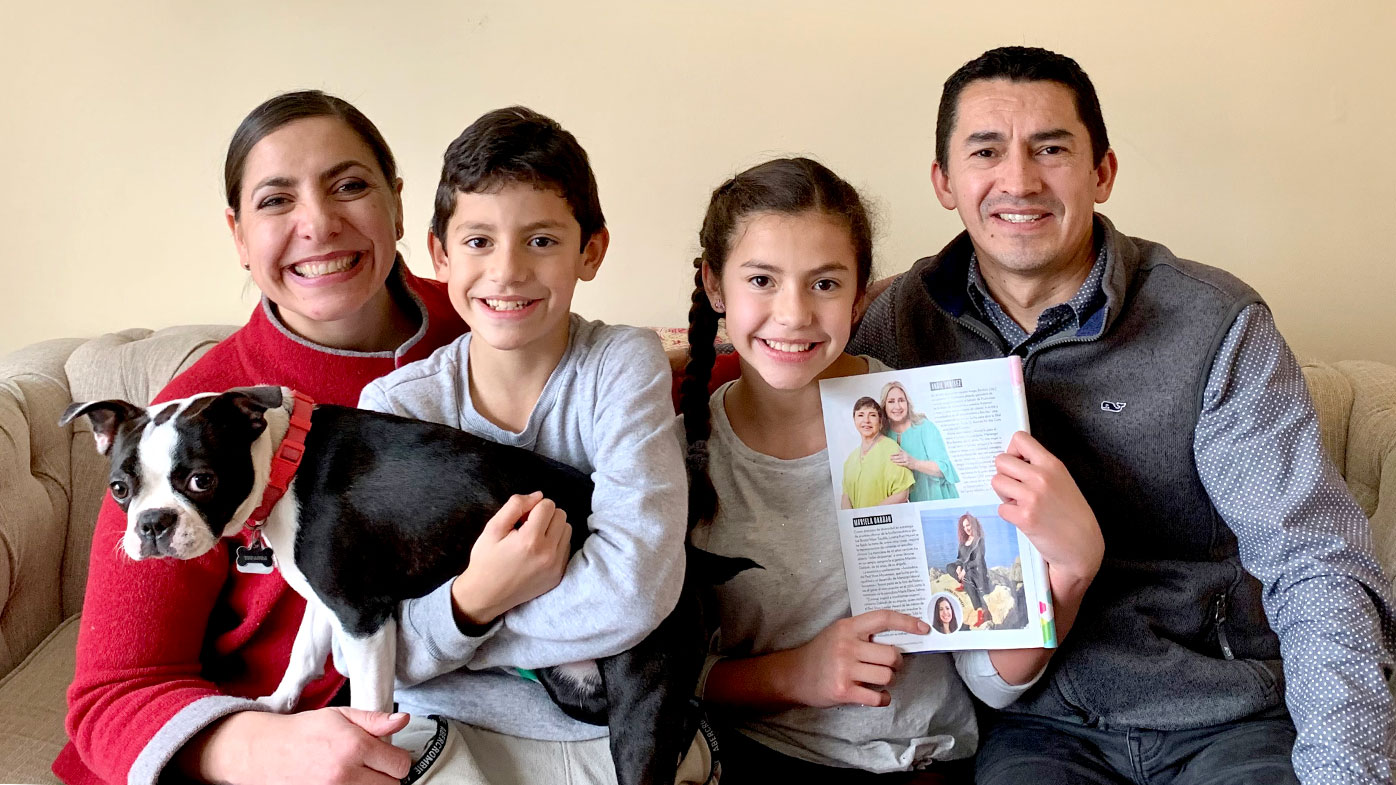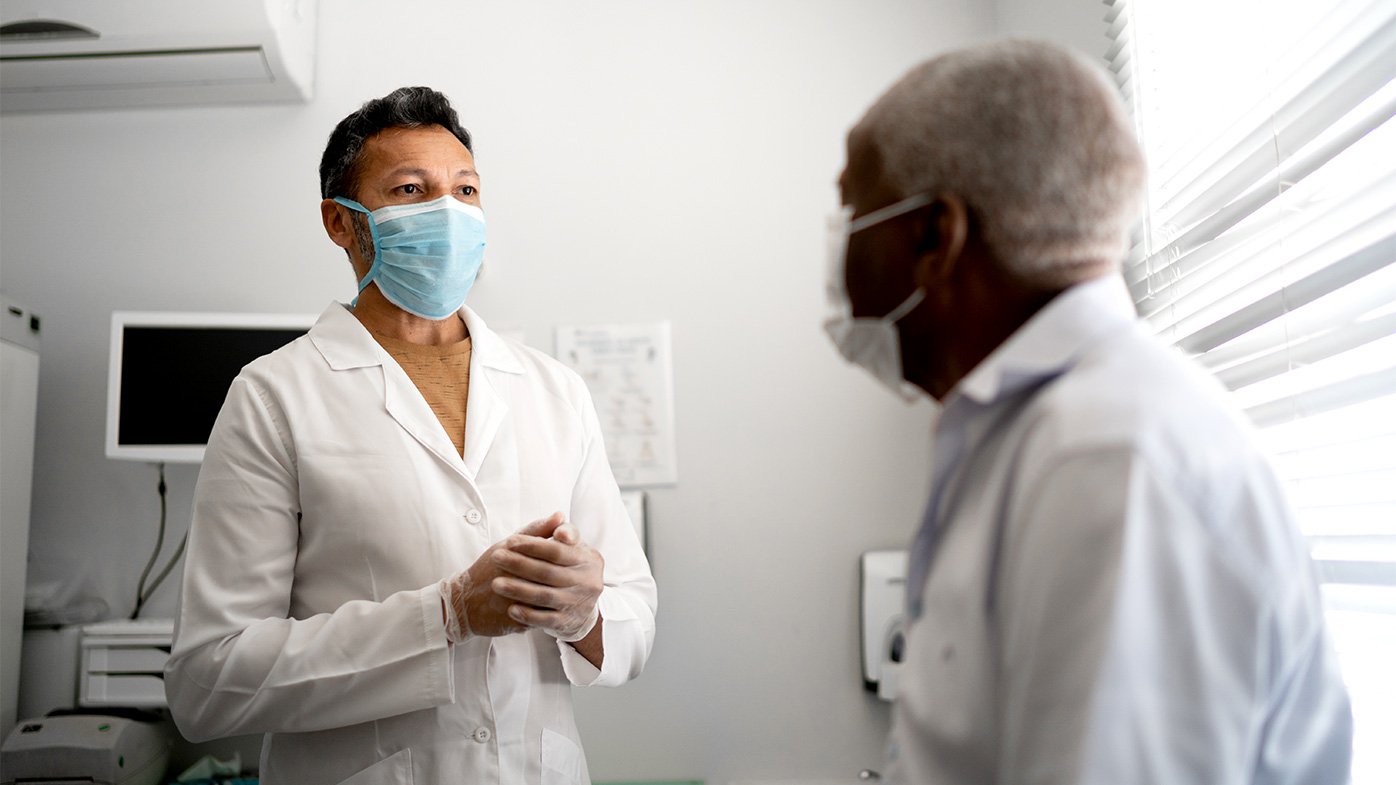Increasing diversity in clinical trials (DiCT) is imperative to improve the health of populations around the world. Everyone has the right to achieve optimal health outcomes — that’s the core of what health equity means. Without including representative populations in clinical trials, diverse groups are unable to participate in the development of critical, often life-saving, therapies — exacerbating inequities and creating new ones.
Pharmaceutical companies, and the healthcare industry more broadly, have spent years adapting their approaches to increase clinical trial diversity. The global pandemic has certainly accelerated these efforts, but so much more has to be done.
Increasing DiCT is a complex challenge that requires multi-faceted solutions across industries and within communities to make progress. For example, medical journals — which have been the cornerstone of sharing clinical research as new therapies are developed — now require new clinical trial studies to include statements on demographic data. Advocacy groups are encouraging diverse participation by increasing disease awareness and education about clinical trials in communities disproportionately experiencing worse health outcomes.
Regardless of sector, everyone can help ensure that clinical trials are more representative of, and accessible to, diverse communities by taking inventory of resources, capabilities and influence to determine where and how to make the greatest difference.
How Bristol Myers Squibb is fulfilling its role
Bristol Myers Squibb has been focused on the global effort to increase diversity in clinical trials for almost 10 years, signaling the scope of this journey. The company has accelerated efforts in the U.S. as a result of the racial injustices around the country and the growing call for accountability that became even more acute in 2020. This decision was also made in part because a high representation of global recruitment for clinical trials comes from the U.S. and because there is demographic data that is not readily available in many other countries.
Today, 80 percent of enrolled patients in U.S.-based clinical trials being conducted by all research organizations are White — which does not represent the country’s current demographics. To deliver a more inclusive clinical research process, questions like, “How can we better reach diverse populations?” and “How can we build trust in communities that have long been ignored?” must be answered.
Bristol Myers Squibb is answering these questions by taking a holistic approach, including reaching out directly to diverse communities with cultural competency and better incorporating a health equity mindset into business processes. Focusing on the company’s specific role in advancing clinical trial diversity and working with partners, both in pharma and other sectors, are the steps to make sustainable change.
In August 2020, Bristol Myers Squibb announced a $150 million investment over five years to accelerate five diversity and inclusion (D&I) and health equity commitments. Because of the company’s long-term presence in this space, it was able to swiftly put together the clinical trial diversity commitment, which expanded existing work to include identifying and activating clinical trial research sites in racially and ethnically diverse cities across the U.S.
The patient experience shapes how the company looks at DiCT. Bristol Myers Squibb works closely with people around the world to better understand how it can play its part in improving patients’ journeys. The Patient Voice effort includes patient input as well as the company’s Patient Expert Engagement Resource (PEER), which helps to bring an inclusive perspective to each step of the drug discovery and development process. Bristol Myers Squibb is also selecting and supporting new research sites by better understanding the barriers and needs faced by patients and their caregivers and intentionally building trust in investigators, the pharmaceutical industry and across the entire healthcare system.
Bristol Myers Squibb employees are also on this journey. The company consistently applies the perspectives of its workforce to each step of the drug discovery and development process. As the company builds the drivers for change, its People and Business Resource Groups (PBRGs) help ensure cultural sensitivity and competence across every aspect of clinical trials.
Find a niche and do it well
The role organizations can play in increasing DiCT does not end in the business sphere — while the company is working on the commercial infrastructure needed to diversify clinical trials, the Bristol Myers Squibb Foundation is fulfilling its philanthropic role through the recently-launched Diversity in Clinical Trials Career Development Program (DCTCDP). The DCTCDP has been recognized as a unique program — the first that will train scholars to be community-oriented clinical trialists. It also integrates mentoring to provide hands-on experience in communities and is building a diverse pipeline of underrepresented medical students — shaping the future of a healthcare landscape that is community-informed, designed and conducted. To build trust, investigators must reflect the diversity of trial participants, which is why the program’s scholars represent a wide variety of races, ethnicities and backgrounds.
These efforts are only a few pieces of a wider puzzle. As a global company, Bristol Myers Squibb is committed to advancing diversity and inclusion around the world, continually assessing opportunities to expand its clinical trial footprint to more markets and more diverse patient populations. But global diversification of clinical trials isn’t just about science; it’s about communities and meeting people where they are. In Argentina, for example, the majority of clinical trials take place in the private health sector, whereas the majority of the population is treated in public hospitals. To address this imbalance, Bristol Myers Squibb is proactively working with stakeholders across the system to increase the number of company clinical trials in the public sector. Addressing social determinants of health that prevent participation (working hours, transportation, childcare, etc.) remedying mistrust in healthcare, increasing health literacy and providing culturally competent materials in a comprehensible language are just a handful of critical steps needed to build the foundation of a representative drug development process.
Healthcare needs to work for everyone. And it can, but only if everyone is included from the start. It’s time to build a foundation of empathy, cultural competency and a dedication to improving patients’ lives through better science.
This is only possible if everyone, both inside and outside the industry, plays their part to develop thoughtful, long-term solutions. No matter someone’s area of expertise, there is space to make an impact. All that’s left is to explore what that role might be in this collective effort and take action to start playing it.


